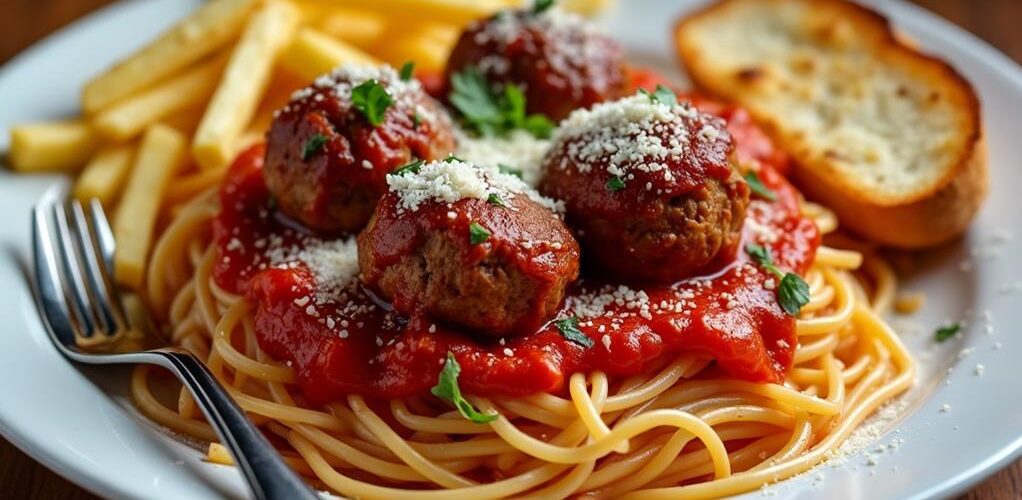
To maintain ketosis on a ketogenic diet, it's important to avoid refined carbohydrates, alcoholic beverages, and sweeteners. Refined carbs from white bread, pasta, and rice have high carb content that can quickly disrupt ketosis. Many alcoholic drinks, such as beer and piña coladas, also contain substantial carbohydrates, which can interfere with fat-burning processes. Sweeteners like honey and maple syrup are laden with carbs, making them unsuitable for a keto diet. Instead, consider low-carb alternatives like dry wines, hard liquors, and natural sweeteners like stevia. Understanding these dietary choices can greatly impact your ketogenic journey.
Key Takeaways
- Avoid refined carbohydrates like white bread, pasta, and rice as they disrupt ketosis.
- Steer clear of high-carb alcoholic beverages such as beers and piña coladas.
- Refrain from using sweeteners like honey and maple syrup due to their high carbohydrate content.
- Limit condiments like ketchup and barbecue sauce, which contain hidden sugars and carbs.
- Be cautious with sugar alcohols, as they may impact blood glucose and cause digestive issues.
Refined Carbohydrates
Refined carbohydrates, often found in foods like white bread, pasta, and rice, can greatly disrupt ketosis, the metabolic state central to a ketogenic diet. A single slice of white sandwich bread contains approximately 13 grams of carbohydrates, making it a significant impediment to maintaining ketosis.
Similarly, one cup of cooked white pasta delivers about 33 grams of carbs, while a half-cup serving of cooked white rice contains around 26.5 grams. Consuming such carb-heavy snacks can quickly exceed the daily carb limits vital for those adhering to a ketogenic plan.
Refined sugars, present in these foods, can cause rapid spikes in blood sugar levels, thereby hindering weight loss efforts and overall dietary success. These spikes can lead to increased insulin production, which promotes fat storage rather than fat burning.
As a result, avoiding refined carbohydrates is essential for achieving and maintaining ketosis. For those seeking alternatives, low-carb options such as mashed cauliflower or homemade low-carb bread made from eggs and nuts are recommended.
These substitutions not only help in maintaining ketosis but also provide nutritional benefits without the adverse effects associated with refined carbs. By making mindful choices, individuals can sustain ketosis and improve overall health outcomes.
Alcoholic Beverages
When adhering to a ketogenic diet, the choice of alcoholic beverages requires careful consideration due to their carbohydrate content and potential impact on ketosis. Many alcoholic beverages, particularly beer, contain high levels of carbohydrates, with a typical beer having around 13-20 grams of carbs per serving, which can disrupt ketosis. Mixed drinks often include sugary mixers, notably increasing their carb content; for instance, a piña colada can contain up to 32 grams of net carbs.
However, some alcoholic options are more suitable for a keto lifestyle. Dry wines, such as certain red and white varieties, are keto friendly wines containing as low as 2-4 grams of carbs per serving. Hard liquors like vodka, gin, and whiskey typically have zero carbs and can be made into low carb cocktails when mixed with options like soda water.
| Beverage Type | Carbohydrate Content (grams) |
|---|---|
| Typical Beer | 13-20 |
| Piña Colada | 32 |
| Dry Wine | 2-4 |
| Hard Liquor | 0 |
While these low-carb options exist, alcohol consumption can hinder fat-burning and lead to dehydration. Consequently, it is essential to practice moderation to maintain the benefits of a ketogenic diet.
Sweeteners and Syrups
While selecting appropriate beverages is essential for maintaining ketosis, attention must also be given to sweeteners and syrups, which can swiftly derail a ketogenic diet.
Honey, for instance, contains approximately 17 grams of carbohydrates per tablespoon, rendering it a poor choice for keto adherents. Similarly, maple syrup, with about 13 grams of carbohydrates per tablespoon, can greatly disrupt ketosis.
Even condiments such as ketchup and barbecue sauce can pose hidden risks; ketchup contains roughly 3 grams of carbs per packet, and barbecue sauce holds around 4 grams, both of which can add up quickly.
Artificial sweeteners, while often lower in carbohydrates, can still impact blood sugar levels and should be consumed with caution.
Sugar alcohols, commonly found in "sugar-free" products, are one such example. Despite their lower glycemic impact compared to regular sugar, they can still affect blood glucose levels and may cause digestive issues in some individuals.
Additionally, some sugar alcohols like xylitol are toxic to dogs and should be used with care in households with pets.
For those seeking to satisfy sweet cravings without compromising their ketogenic state, natural alternatives like stevia or erythritol are advisable.
These natural sweeteners provide a lower-carb option and, when used in moderation, can help maintain ketosis without the adverse effects associated with more carbohydrate-dense sweeteners.
Frequently Asked Questions
What Foods Can You Not Eat on Keto?
On a keto diet, avoid high carb vegetables, sugary beverages, processed grains, starchy fruits, fast food, low fat dairy, artificial sweeteners, and legumes. Instead, opt for keto-friendly snacks and bread alternatives to maintain ketosis.
What Are the Golden Rules of Keto?
The golden rules of keto include limiting carbohydrate intake to 20-50 grams, focusing on high-fat foods, moderating protein intake, and staying hydrated. Effective keto meal planning helps avoid keto misconceptions, ensuring sustained ketosis and balanced nutrition.
What Are the Top 10 Keto Foods?
The top 10 keto foods for effective keto meal prep and healthy low-carb snacks include bacon, fatty beef cuts, spinach, kale, arugula, avocados, almonds, walnuts, chia seeds, and full-fat dairy products like heavy cream and cheese.
What Foods Do Not Break Ketosis?
Foods that do not break ketosis include keto-friendly snacks like nuts and seeds, fatty cuts of meat, full-fat dairy products, and low-carb vegetables such as leafy greens and cruciferous vegetables, which provide minimal net carbs and essential nutrients.
Conclusion
In sum, adherence to a ketogenic diet necessitates the exclusion of refined carbohydrates, alcoholic beverages, and sweeteners and syrups. These items can greatly impede the metabolic state of ketosis, thereby undermining the diet's efficacy. Ensuring the elimination of such foods is critical for achieving and maintaining the desired metabolic and health outcomes associated with a ketogenic dietary regimen. This approach aligns with the principles of low carbohydrate intake fundamental to the success of the ketogenic diet.
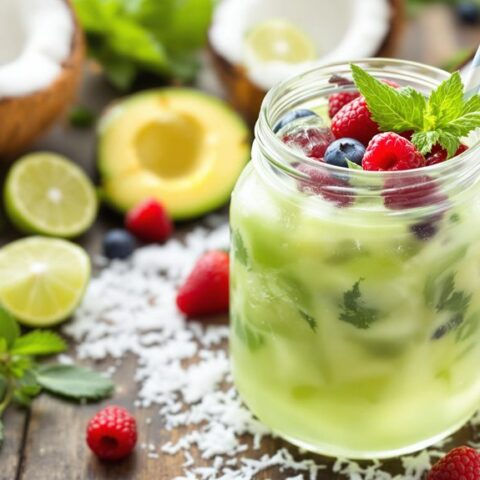
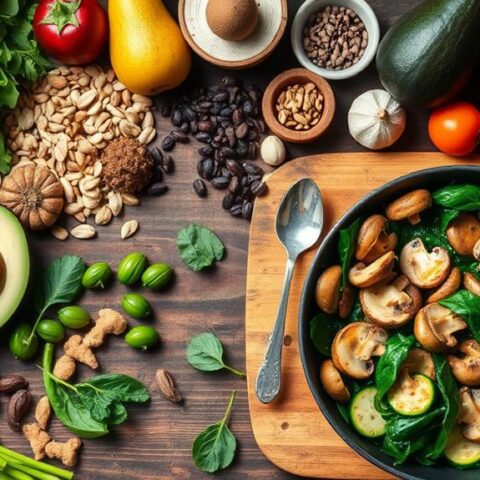
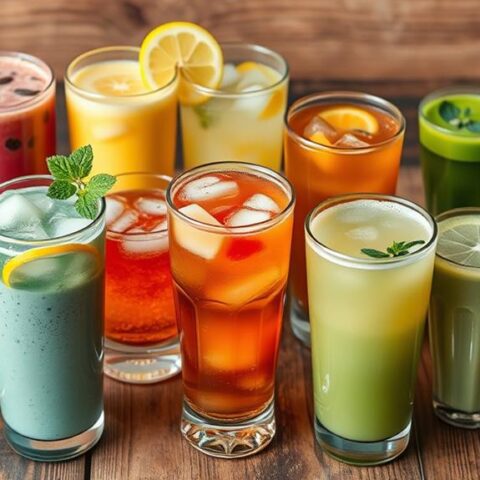
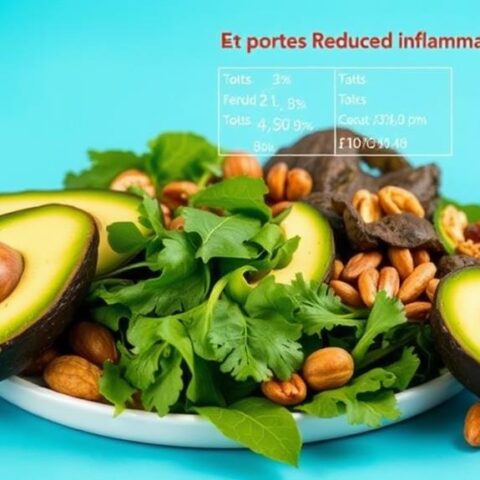
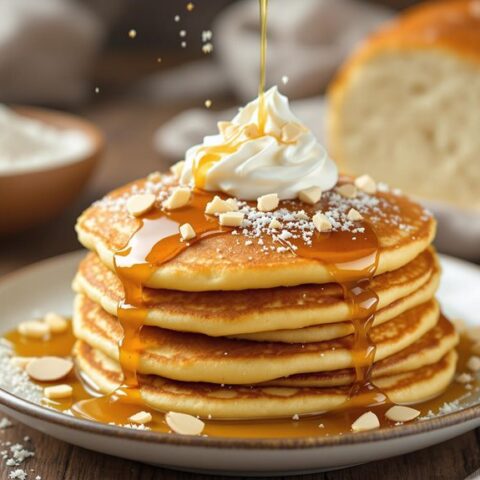
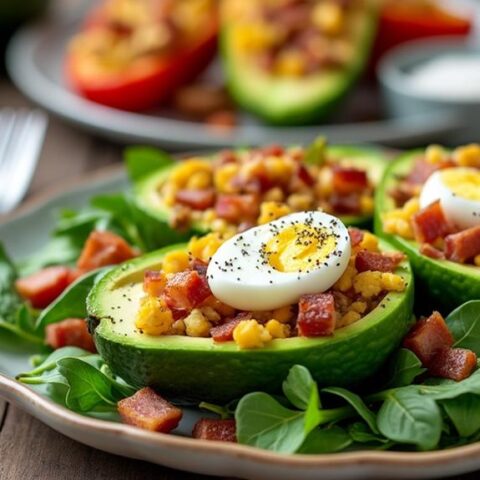




No Comments